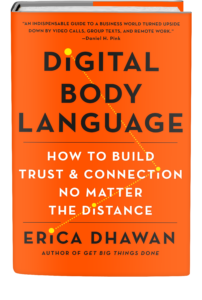“Never waste your time convincing anyone of anything. Get them to realize that they are struggling. A community organizer helps groups realize they have deep common interests even though they don’t yet know how to work together.” -Peter Senge
On Monday, I attended a Social Initiatives meeting led by Arthur Zajonc, author of Meditation as Contemplative Inquiry and professor at Amherst college. Arthur had convened a group of 30 men and women, across generations, countries, and sectors co-facilitated by my greatest teacher Otto Scharmer. My biggest takeaway from this meeting was the power of personal development to enable social change.
Midway through the session, Peter Senge, leading management guru and author of Fifth Discipline, spoke to the group for ten minutes about his own current social initiatives.
Peter discussed the next generation of leaders: “5-15 year olds are the leadership needed to transform our societies. We simply in our present culture do not know how to see the future. We care about kids as customers more than as human beings.”
This sparked a group conversation, and within ten minutes, I noticed a peculiar thing: only the older generation in the group was still talking. My body started trembling and my inner voice said, were they talking about or with the younger generation right now?
Soon after, Arthur made an intervention. He asked the ten younger participants to form a smaller circle in the middle of the larger circle. For the next ten minutes, the younger generation spoke about our own needs, challenges and opportunities we saw in our future, and the older generation just listened.
I then took a 45 minute dialogue walk with Peter Senge to investigate this discussion further. We spoke as human beings, about how for him working and listening to youth made him come alive and about my own challenges speaking in a group around those with so much more experience. We talked about our meditation practices, even how failure has come up for us. What I appreciated most was that we were in real cross-generational dialogue listening to one another, not in a classroom setting where academia created authority boundaries. We embodied the work of community organizers, learning and working with each other in new ways given our common values and interests for the world.
My biggest awakening from the dialogue walk was to just remember that each human being, even Peter Senge (!!), has their own inner revolution which enables their outer revolution. When we all pay attention to our personal leadership work, social change can really happen.

Thank you for writing this piece! Leading ourselves, “hosting” ourselves, thinking about our own inner revolution and what that means is key, yes! I think what I notice and appreciate most in folks like Peter Senge and you and probably everyone who attended that meeting… is a willingness to stay with the questions. An interesting or tough question arises and there’s a willingness to sit with it, wrestle with it, think or feel it through so that something new can emerge, so that we can arrive someplace new because of it. And this I think is where community comes in because this isn’t always the easiest thing to do. Thanks again for sharing this!